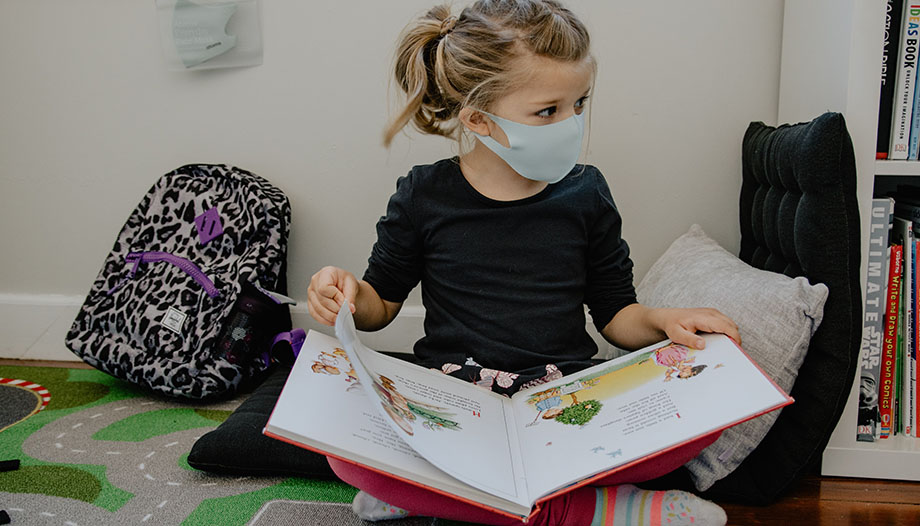This proposal Luis Argüello explained in the press conference at the end of the Permanent Commission last September, in which he added that the Ministry itself had told them that it was the first subject for which they had a complete curriculum.
The proposal is not conclusive, since, as noted in the note made public together with these curricula vitaeThis is "a proposal that is now submitted for public consultation and that, if necessary, with the suggestions received, will complete the final version that will be sent to the Ministry of Education for its incorporation into the school curriculum to be published in the BOE". In fact, as the Commission itself points out, its desire is "to count on the contribution of the entire educational community to improve -before its definitive approval by the EEC and its publication in the BOE- the drafts of the Catholic Religion curricula".
Those who wish to participate and provide comments and suggestions can do so through the "Towards a new Religion curriculum"In addition to the specifications of the proposed curriculum for each educational stage, there are forms available for each stage as well as a specific e-mail address.
The Religion proposal in LOMLOE
The proposal, designed within the curricular framework of the LOMLOE and following the same structure and requirements set by the Ministry of Education and Vocational Training, has been elaborated thanks to the interventions and contributions of the online forum "Towards a new curriculum of Catholic Religion. A dialogue among all and for all" includes, for each of the educational stages:
- Introduction. It is not yet published because all the elements to be defined in the Decree on minimum education are still pending confirmation.
- Specific competencies and their description. Six specific competencies are proposed, which are maintained throughout all the stages, with the appropriate gradation according to the evolutionary development of the students. They are the most innovative element of this curriculum.
- Links to key competencies and the exit profile. This section has not yet been published, pending confirmation of the final version of these general elements by the Education Administration.
- Evaluation criteria. They are proposed linked to each of the specific competencies.
- Basic knowledge. They are presented organized in blocks, after the evaluation criteria of each cycle, iffollowing the guidelines of the Ministry of Education. They articulate knowledge, skills and attitudes.
- Learning situations. They are awaiting the latest decisions of the Ministry of Education and Vocational Training.
Likewise, the Episcopal Commission for Education and Culture points out that "this proposal of the Catholic Religion curriculum is proposed for the whole State. In the local autonomous environments, the learning situations can be specified in the terms that are finally defined in the Decrees of minimum teachings".







